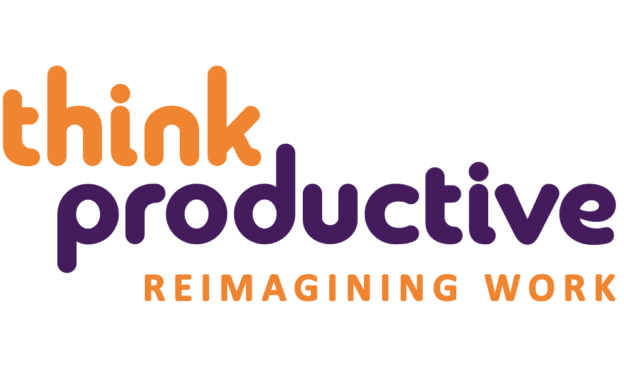Apparently many of us managed a Covid free break this summer. Perhaps you are even coming back from the cottage nicely relaxed after a great summer break? But at the same time feeling that little prickle of anxiety about going back to work and facing a long haul until Christmas? It is wonderful to take time off and recharge the batteries with rest, fresh air, and family adventures.
However, managing work induced stress should never just be about taking breaks and recharging before diving back into the fray. At the end of the day that will only address the symptoms, rather fix the issue. And for long term health minimizing the effects, and failing to face up to stress is just not good enough.

How to Face Up to Stress
So, what to do about work induced stress? At Think Productive North America we always believe the answer is to follow the science and understand the issue. We then pursue a strategy that equips people with the skills to head off inevitable burnout or other health repercussions. In this case what does the science tell us? Well, there is plenty of evidence that control, or the perception of control, is important in staving off the feelings of overwhelm and panic that start to affect our decision-making and well-being.
What Does the Science Say?
Studies show that bosses fare better than workers in terms of stress, despite a widespread perception that they suffer from overload and work long hours. The science tells us that this relates to the extent that they feel in control of their time and the content of their working day. Bosses also score higher when surveyed about job satisfaction, perceived management quality from their managers, degrees of influence and freedom at work, possibilities for development and purpose of work.
By contrast, according to one University study, people lower on the corporate ladder are, on average, more stressed than people higher up. Worse, according to the study, the elevated stress continues into retirement for average working people.

In one study the researchers tracked levels of cortisol in people in the British public sector throughout their workdays. Levels of Cortisol, a stress hormone, rise when people encounter stressful situations, but by the end of the day cortisol levels normally dip down. However, the researchers found that cortisol levels in people lower down the corporate ladder didn’t dip as far as people higher up. This is consistent with earlier research suggesting that people who have more of a sense of control, are less stressed.
What’s the Answer?
Learning from the science, how can we address this problem for the majority of employees? How can we face up to stress? One answer is to improve the levels of perceived control in employees by equipping them with resources, opportunities and tools that give them the ability to act to control outcomes. Among other things simple checklists, weekly reviews, proper objective setting and ruthless protection of personal time and space are skills and tools that are easy to learn and implement. The ability to apply training and methodology to cope with workload demands gives a strong sense of control and reduces feelings of overwhelm.
Of course, it still matters that the boss is not a self-absorbed idiot with no human feelings! And diet, exercise, proper breaks, and mindful reflection are all still important for physical and mental well-being.
Perhaps the most surprising thing is that we often to not teach new employees the tools and techniques for effective planning, prioritization, time and attention management. Many companies teach the detailed task orientated skills, but not the softer personal skills to help do things sensibly and efficiently. The feedback that we get from our personal productivity masterclass, 6 Weeks to Ninja, is that the lessons learnt in the course are life changing and stress busting. The surprise for us is that this feedback often comes from long established employees and not the newbies! If you want to find out more about our personal productivity programs check out our courses, and our stellar Google reviews, and get in touch for a chat.
Author is Richard Green, CFO of Think Productive North America
